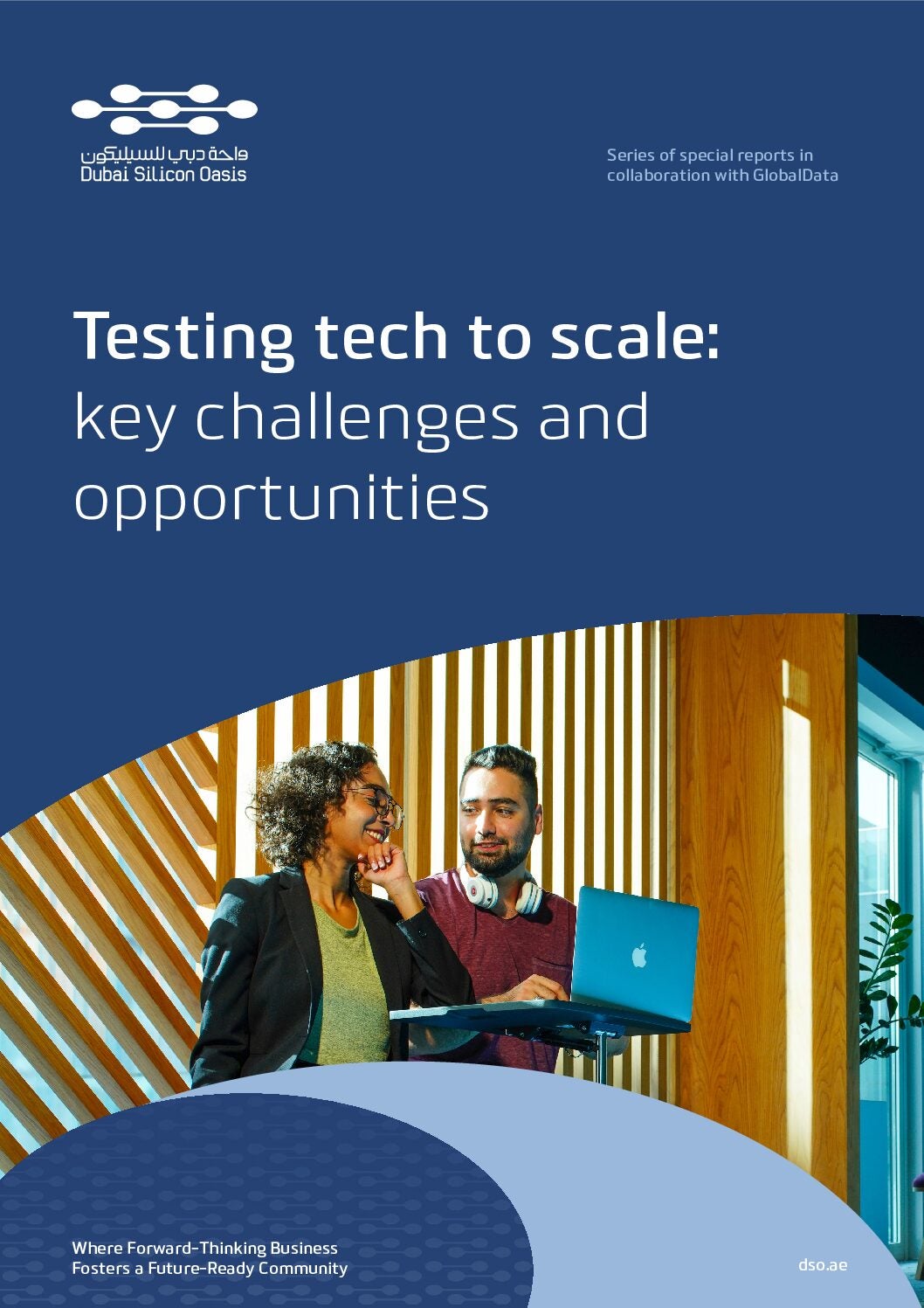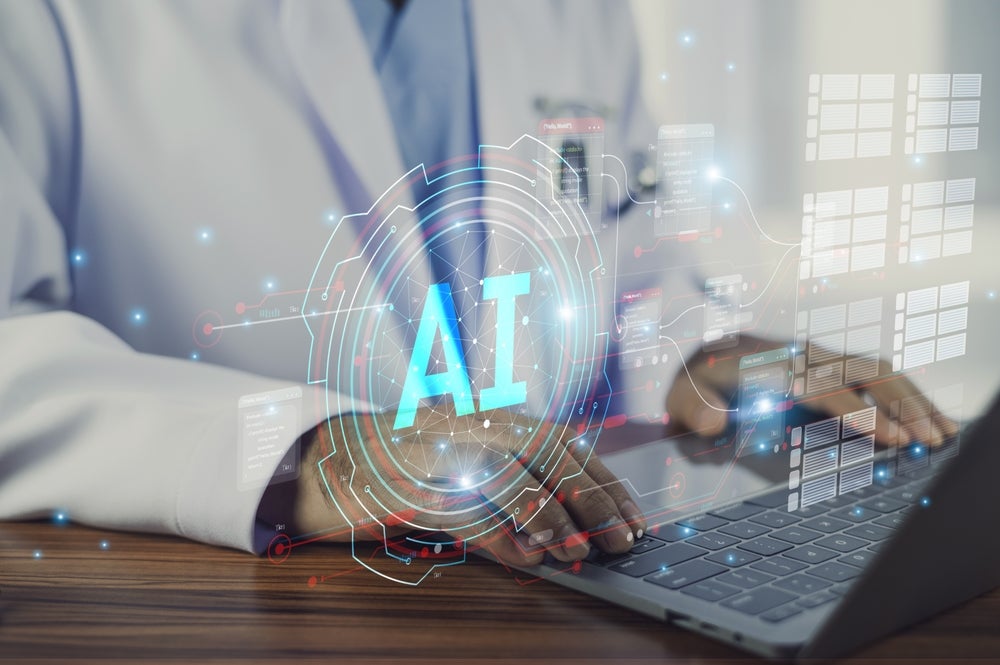GlobalData predicts that global cybersecurity revenues across healthcare payors and providers will reach $11bn by 2027.
On June 4 2024, several major London hospitals were hit by a cyber-attack. The hospitals affected included Guy’s, St Thomas’, and the Evelina Children’s Hospital.
How well do you really know your competitors?
Access the most comprehensive Company Profiles on the market, powered by GlobalData. Save hours of research. Gain competitive edge.

Thank you!
Your download email will arrive shortly
Not ready to buy yet? Download a free sample
We are confident about the unique quality of our Company Profiles. However, we want you to make the most beneficial decision for your business, so we offer a free sample that you can download by submitting the below form
By GlobalDataThe hackers behind the attack targeted the pathology services provider Synnovis. As the healthcare sector deals with sensitive data and critical services, cyberattacks are especially costly.
Indeed, five planned C-sections had to be rescheduled, 18 organs were redirected to other trusts, and 736 hospital outpatient appointments and 125 community outpatient appointments were postponed. In addition, blood-borne virus tests like HIV were suspended. NHS Staff have had to work around the clock to alleviate the impacts of the cyberattack. Medical director Dr Chris Streather said the attack’s impacts would be felt “for some time”.
Cyberattacks in healthcare
As the healthcare sector deals with sensitive data and critical services, cyberattacks are especially costly. And, because they are costly, they are more frequent; cybercriminals target the industries where they can do the most damage. For healthcare providers, cyberattacks can cause the exposure of sensitive patient data, care disruptions, and facility downtime, which can take weeks or months to restore and risk harm or deaths of patients.
See Also:
A 2018 study published by researchers at Vanderbilt University’s Owen Graduate School of Management found that hospitals hit by a cyberattack were likely to see up to 36 additional deaths per 10,000 heart attacks per year.
Inadequate cybersecurity defences
The rush from in-person care to virtual care and from office-based work to remote working amid the Covid-19 pandemic significantly increased cyber risk. The increased use of technology, especially cloud, increased the potential attack surface, and the high speed of the transition meant many information technology security teams had insufficient time to install adequate cybersecurity defences.
Healthcare companies, especially hospitals and pharma companies, have since reported increases in cyberattack attempts—and government bodies like the FBI have issued warnings about the increased threat. Alongside this, there has been an increase in company filing mentions of cybersecurity that coincides with the period of the Covid-19 pandemic starting in 2020.
The pandemic accelerated digitalisation in the healthcare industry by increasing the demand for remote collaboration, the use of DCTs, the adoption of digital marketing and sales strategies, and the use of technologies, such as cloud and AI across the value chain. Since then, the focus on cybersecurity has tapered off, but the mentions of cybersecurity are still far above pre-pandemic numbers.
GlobalData’s Cybersecurity report details how cybersecurity is disrupting industries. The healthcare sector is particularly affected by cybersecurity threats.









